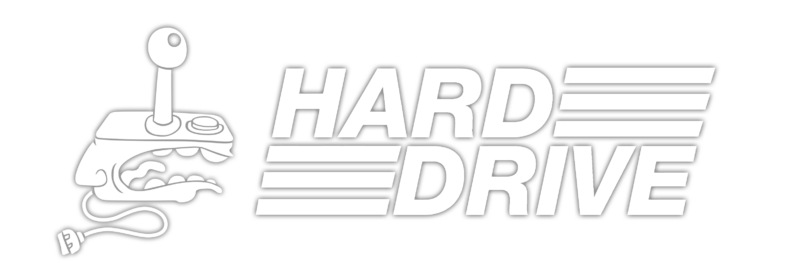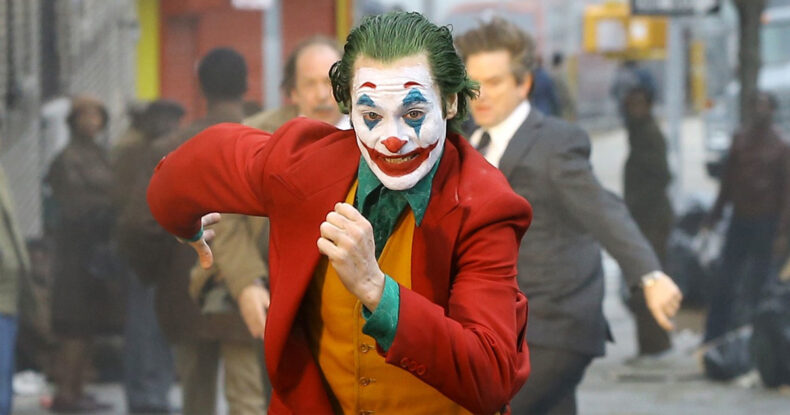Tags
Warning: If you haven’t experienced Joker yet, you won’t be able to comprehend the subtext and depth of the art behind what we’re going to be exploring in this article. If you can’t handle a hyper-realistic dive into the unhinged mind of a great, maniacal man who was dealt the wrong cards in life and who was left with no other choice — as told by the modern genius Todd Phillips — then you best not read on. Keep in mind that this is fully up to you to read.
“And Shepherds we shall be For thee, my Lord, for thee. Power hath descended forth from Thy hand Our feet may swiftly carry out Thy commands. So we shall flow a river forth to Thee And teeming with souls shall it ever be. In Nomeni Patri Et Fili Spiritus Sancti.”
– Boondock Saints, 1999
Much like Boondock Saints, Joker (2019) is a sophisticated cinematic masterpiece that unfortunately takes a little bit more of a cultured mind than most people have to truly, fully enjoy. Unstoppable genius director Todd Phillips (who brought us the advent of “The Wolf Pack,” a term used to describe a group of real alphas in their prime who have an important mission to carry out in The Hangover Trilogy: The Hangover, The Hangover 2, and The Hangover 3, respectively) has a mind-bendingly percipient take on the character, meaning that you really have to know Joker, as a character, to appreciate it.
In this article, I will only be explaining the ending scene of the film — but in order to do that, I must first go back to the beginning.
The Joker, as was written by Alan Moore in 1988 (you kind of need to know a lot about the comics to get where he’s coming from since his take, too, is so seemingly effortless and deliciously meta), is a complex anti-hero in his own mind, but is actually also one of the most maniacally reprobate characters in film, comic, and dare I say it, animation. Todd Phillips based a lot of Joaquin Phoenix’s groundbreaking, emotionally-vitiated Arthur Fleck on Alan Moore’s famous, and in my (subtle, yet nuanced) opinion, underrated, graphic novel The Killing Joke, where our story also ends with him laughing after having thought of a joke (though I usually try not to read classic source material out of fear that it’ll influence my craft).
In this same way, the graphic novel brings us through a journey into the labyrinthine mind of a murderous psychopath in a way that most films, and filmmakers, are too cowardly to let see the light of day in this day and age, if you ask me. But that’s just my opinion, even if it’s incredibly accurate. Todd Phillips’s careful hand, meticulous direction and work with an actor of Joaquin Phoenix’s caliber, did the character more justice than anyone has on the silver screen to this day. Joaquin Phoenix’s divine performance as Joker is even better than Heath Ledger’s take on the character because it’s a more multifarious delve into the brilliant, inspiring, and dangerous mind of someone like Arthur Fleck. There’s a little Arthur Fleck in all of us, if you really think about it (which you don’t have to, if you don’t feel up to it; not everyone can handle it).
This film was not only serenely indomitable, but also displays the direct antithesis of what most people assumed about Joker (2019). The layered mastery of work that (most likely) frolics in your mind as you’re walking out of the theater when you realize that the ending was beyond comprehension for everyone in the theater — to the point where no other outlet can accurately tell you for certain what really happens in it — is nothing short of unprecedented, if not outright fiendish glee.
Todd Phillips’s genius is beyond even my comprehension, and I’d like you to sit with that thought, because I am very well-read, cultured, and am generally very humble, and if I can’t tell you exactly what happens at the end of Joker (2019), then we may never get an answer to that question. And there’s nothing wrong with that. To quote Joker himself, “you get what you f*cking deserve,” and that’s exactly the thought that my ever persistent inner-monologue arrived at when we got with this effulgent display of a film (I just can’t turn it off sometimes, and being such a relentless ideation-machine does have its drawbacks at times).
This wasn’t your everyday superhero movie, and it certainly wasn’t your standard Hollywood schlock. Joker is a film that should be widely admired, as it is not just precocious, but downright impertinent, in a way we’ve not seen since masterpieces like IT: Chapter One, Old School, The Interview, the book Atlas Shrugged (you should really read some Ayn Rand, if you haven’t yet), High Fidelity, Avatar, Scarface, Donnie Darko, The Brown Bunny, Alexander, and every year of The Spike TV Scream Awards (particularly, 2008).
So what happens at the end of Joker? Well, that’s fully up to you, because true art is meant to be interpreted, not defined. Some theories about Joker (2019)’s ending, all of which occurred to me as I was watching it, well before they happened in the film, while predictable to a critical mind, are feasible if you think about it from your average Joe’s perspective. It could be that he actually went on TV and murdered Bob DeNiro’s Murray Franklin character, or it could be that the “joke” of it (a mirthful play on the character’s name) is that none of it ever happened at all. I arrived at my own definite, infallible conclusion after seeing the film, but I believe it is our responsibility as discerning members of the audience, to live in a society where we don’t take art for granted, so instead of telling you what happens at the end of the Joker (2019) movie, I’m going to go ahead and let you marinate with these very points and accomplish reaching your own, if you even can. I like to perform such thought experiments on a fairly regular basis, because, if you ask me, you should do one thing every day that scares the sh*t out of you. It’s a motto I both live by and invented.
It’s rare that you get to witness the work of such a liberated thinker as hero Todd Phillips. Must be nice to be able to say whatever you want for the purpose of your true, authentic art these days without worry of public retaliation violating your freedom of speech (a practice that is long lost, and that I personally fear will be forgotten with time, in only just a few years).
I will always know what happened at the end of this film, because that is just a thing that I know, and that you don’t know, which is key to me. Yet, the most important part of hero Todd Phillips’s fascinating and deeply-layered ouvre is the lingering question: Do you know what happened at the end of this film? Do I? You may not even need to see this film to have an opinion on it, or even to guess what happens in it, but even if you did watch it, would that opinion even be valid if you can’t sympathize with a sociopath with a very simple and ultimately relatable arc that, in my opinion, every man in America can sympathize with? Am I allowed to be this honest? Only time will tell, because in the end, we all “get what we f*cking deserve.”
Check out the newest episode of the Hard Drive podcast where we watch and discuss every episode of 1989’s The Super Mario Bros. Super Show!

